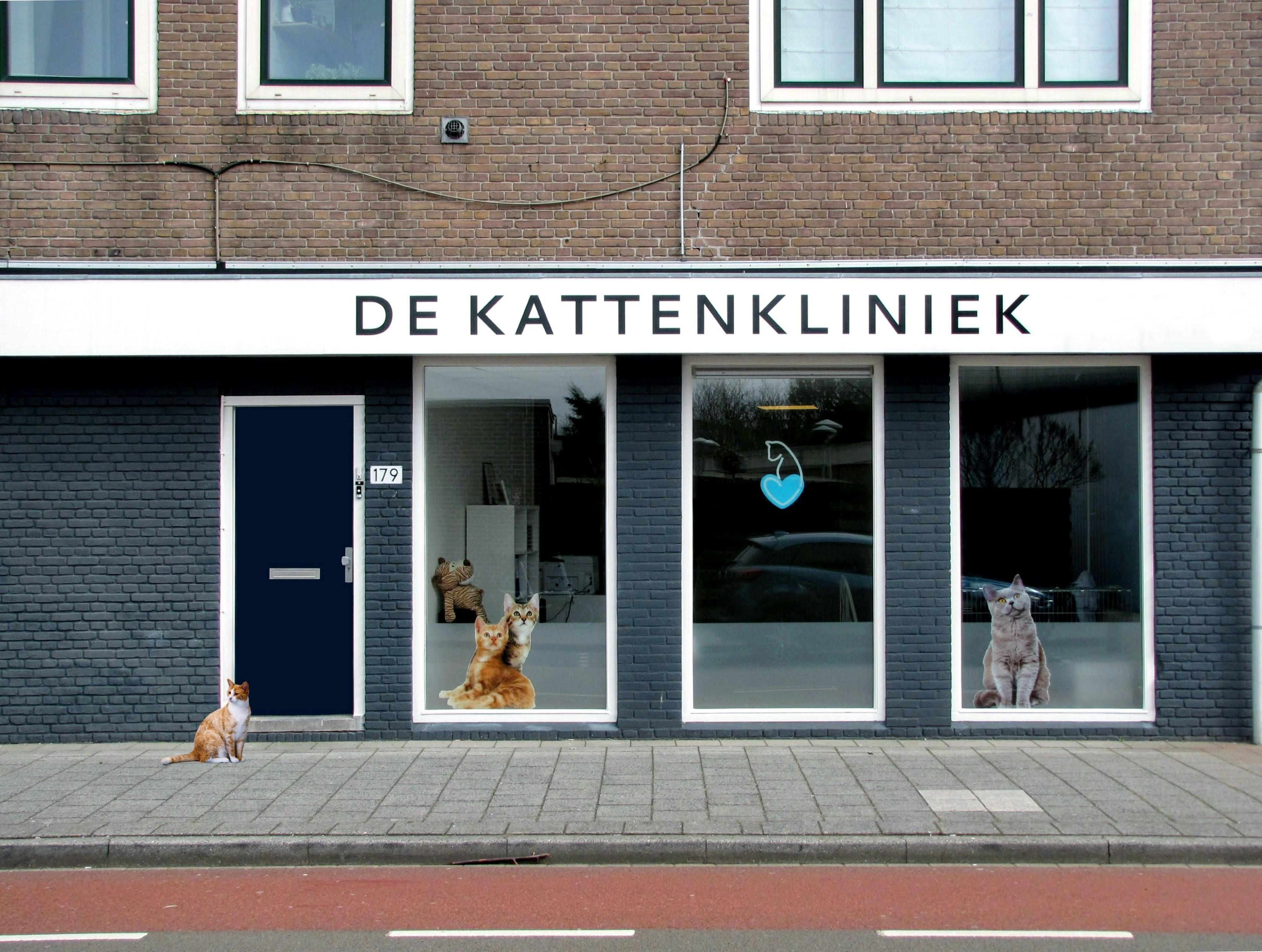In the heart of every wagging tail and gentle purr lies a silent promise we make to our pets: to cherish, protect, and nurture them through every stage of life. As guardians of their well-being, we often find ourselves at a crossroads between preventative care and treatment. Which path ensures our beloved companions enjoy the longest, healthiest lives possible? In this exploration, we delve into the insights of veterinary experts who shed light on the delicate balance between foresight and response. Join us as we uncover the proactive strategies and treatments that can transform your pet’s journey from a mere existence to a vibrant, thriving adventure.
Nurturing Wellness: The Art of Preventative Care
Embracing the philosophy of preventative care can transform how we approach the health of our beloved pets. Vets often emphasize the importance of proactive measures, which not only bolster a pet’s well-being but also fortify the bond between pet and owner. Consider the following aspects of preventative care:
- Regular Check-Ups: Routine veterinary visits allow for early detection of potential health issues.
- Balanced Nutrition: A well-rounded diet tailored to your pet’s specific needs supports long-term vitality.
- Exercise and Mental Stimulation: Engaging activities maintain physical health and mental acuity.
In contrast, treatment focuses on addressing problems after they arise. While essential, relying solely on treatment can lead to increased stress and cost. Preventative care, on the other hand, nurtures a foundation of health, potentially reducing the need for intensive interventions. By weaving these practices into daily life, pet owners can create an environment where their companions thrive.

Decoding Treatment: When Intervention Becomes Essential
In the delicate balance of pet health, understanding when intervention becomes necessary can make all the difference. Sometimes, despite the best preventative measures, our furry companions may require targeted treatments to address specific health concerns. Veterinarians often emphasize the importance of recognizing signs that necessitate a shift from prevention to intervention. These signs can include:
- Sudden changes in behavior or appetite
- Unexplained weight loss or gain
- Persistent coughing, sneezing, or difficulty breathing
- Visible discomfort or pain
When these symptoms arise, it’s crucial to consult with a vet who can tailor a treatment plan that addresses the root of the issue while minimizing stress for your pet. Intervention can be a lifeline, offering the specialized care needed to restore balance and well-being. With the right approach, treatment can complement preventative care, ensuring a holistic strategy for your pet’s long-term health.

Tailored Health Plans: Balancing Prevention and Treatment
Crafting a personalized health plan for pets involves a delicate balance between proactive measures and necessary interventions. Veterinarians emphasize the importance of preventative care as a cornerstone of long-term wellness. Regular check-ups, vaccinations, and a balanced diet are key components that help fend off potential illnesses before they arise. By focusing on these elements, pet owners can often avoid more severe health issues, ensuring their furry companions lead vibrant lives.
- Regular Check-ups: Early detection through routine exams.
- Vaccinations: Shield against common diseases.
- Balanced Diet: Tailored nutrition for optimal health.
While prevention is vital, there are times when treatment becomes necessary. In these instances, veterinarians recommend swift and effective responses to address health concerns. This might include medications, surgeries, or specialized therapies. A well-rounded health plan considers both aspects, ensuring pets receive comprehensive care that adapts to their changing needs. By integrating these strategies, pet owners can foster a nurturing environment that supports both the prevention of illness and the effective treatment of any arising conditions.

Veterinary Wisdom: Building a Lifelong Health Partnership
In the realm of pet care, a proactive approach often proves to be the most rewarding. While treatment addresses existing issues, preventative care acts as a shield, safeguarding your pet’s health before problems arise. Veterinarians emphasize the importance of regular check-ups, vaccinations, and dental care to maintain optimal well-being. This proactive strategy not only ensures a healthier life for your furry friend but also fosters a stronger bond between pet and owner.
- Regular Check-ups: Routine visits allow vets to detect early signs of health issues.
- Vaccinations: Keep your pet protected against common diseases.
- Dental Care: Regular cleanings prevent oral health problems.
- Nutrition: A balanced diet tailored to your pet’s needs supports long-term health.
By prioritizing these preventative measures, you create a foundation of trust and care that benefits both you and your beloved pet for years to come.


































